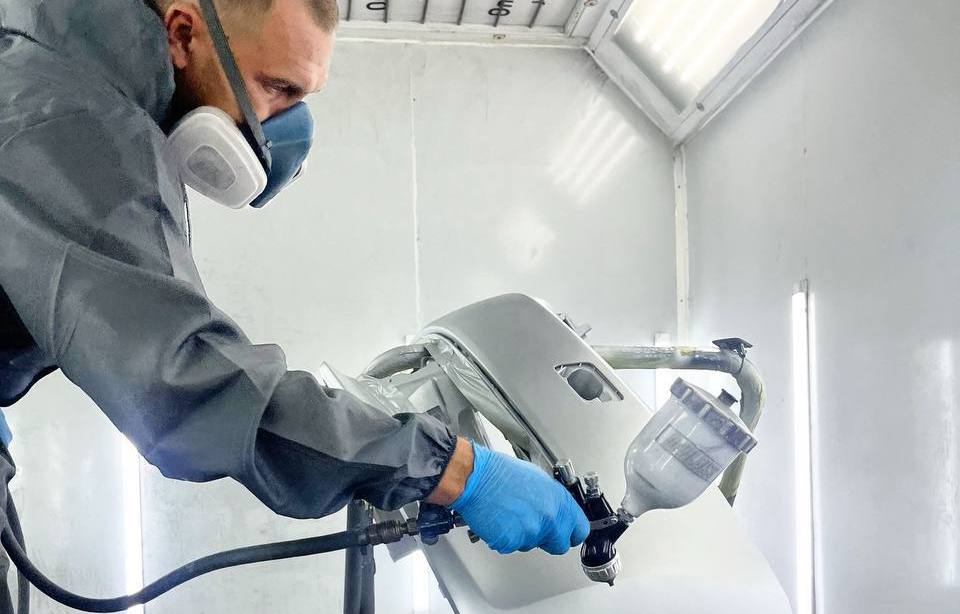When it comes to choosing a car, one of the fundamental decisions is the choice of diesel or gasoline engine. Both options have their own set of pros and cons, and it’s important to understand them before making a decision. In this article, we will look at the advantages and disadvantages of diesel vehicles, as well as highlight the main advantages of gasoline engines.
Pros and cons of diesel and gasoline engines
Diesel engines are popular with many drivers due to their fuel efficiency and reliability. On the other hand, petrol engines provide a smoother and quieter ride. However, recent advances in technology have blurred the lines between these two engine types, opening up new possibilities.
The main advantages of diesel engines
One of the key advantages of diesel engines is their excellent fuel efficiency. Diesel fuel contains more energy per gallon than gasoline, allowing diesel vehicles to travel more miles per gallon. This efficiency results in lower fuel consumption and carbon dioxide emissions, making diesel engines more environmentally friendly in terms of greenhouse gas emissions.
In addition, diesel engines are traditionally associated with high torque. This means that diesel vehicles deliver superior power at low revs, making them well suited for towing heavy loads or driving uphill. In addition, diesel engines often feature increased strength and durability due to their robust design.
Disadvantages of diesel engines that have turned into pluses
In the past, diesel engines were notorious for being noisy, emitting excessive amounts of pollutants and requiring frequent maintenance. However, significant advances in diesel engine technology have made it possible to overcome these problems. Modern diesel vehicles are significantly quieter due to improved soundproofing and engine design.
In addition, diesel engines have become significantly cleaner in terms of emissions. The introduction of Selective Catalytic Reduction (SCR) and Diesel Particulate Filter (DPF) systems have effectively reduced harmful emissions of nitrogen oxides (NOx) and particulate matter. As a result, diesel vehicles now meet stringent emission standards, making them an acceptable choice for environmentally conscious drivers.
Benefits of turbocharged petrol and diesel engines
Turbocharging is a technology that has revolutionized both petrol and diesel engines. It involves using a turbine to push more air into the engine, resulting in more power. Turbocharged engines offer a number of advantages, whether they run on gasoline or diesel fuel.
Enviable Power Car With Turbine
Turbocharged engines provide increased power and acceleration. The additional air supplied to the engine allows the fuel to burn faster, resulting in improved performance. Whether it’s a gasoline or diesel engine, turbocharging can greatly increase power, providing drivers with an exciting driving experience.
What are the Differences?
While diesel engines are superior in terms of fuel efficiency and torque, gasoline engines have their own unique advantages. Gasoline engines tend to be smoother and quieter than their diesel counterparts. They also have a higher power to weight ratio which means they provide more horsepower for a given engine size. Gasoline engines are often preferred by those who value a smooth and refined driving experience.
In conclusion, diesel vehicles offer a number of benefits, including fuel economy, torque, and improved emissions performance. Disadvantages previously associated with diesel engines, such as noise and pollution, have been greatly reduced by technological advances. On the other hand, gasoline engines provide a smoother ride and a higher power-to-weight ratio. Both types of engines have their merits and the choice ultimately comes down to individual preference and driving requirements.




































 Request a Call
Request a Call  Plot Route
Plot Route  Reviews on Google
Reviews on Google 
